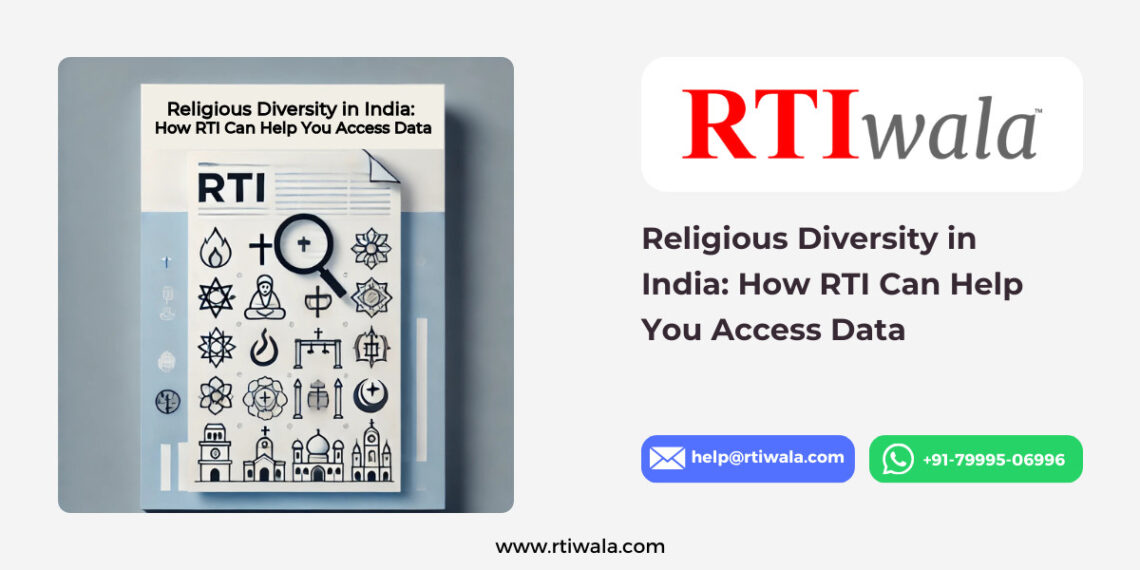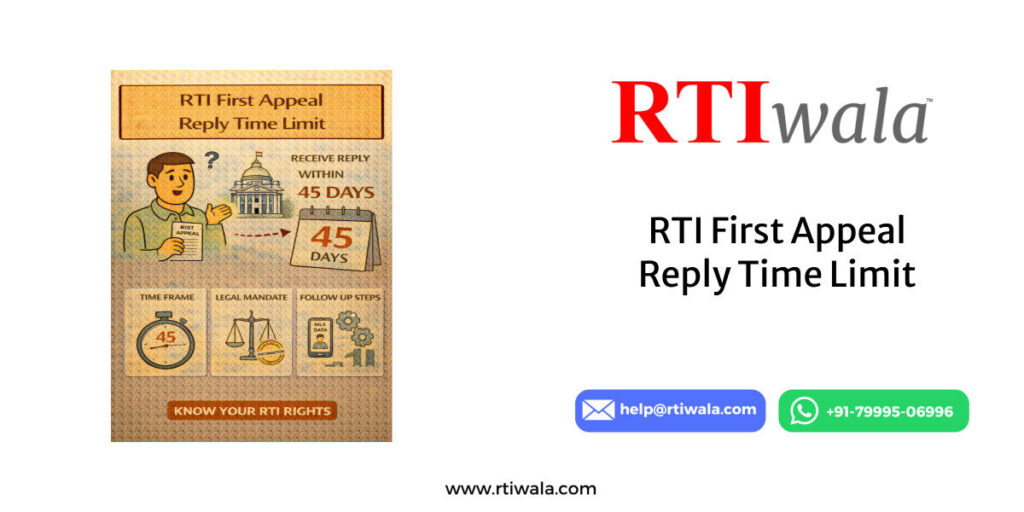India is known as the land of spirituality and diversity, home to many religions, beliefs, and practices. It has given birth to several major world religions and provides shelter to many others. Understanding the variety of faiths in India helps us better appreciate its rich cultural and social makeup. In this article, we will look at the number of religions in India, their importance, and how RTIwala can help you access detailed data on religious demographics and related information.
India’s Religious Demographics (According to the 2011 Census)
- Hinduism: 79.8%
- Islam: 14.2%
- Christianity: 2.3%
- Sikhism: 1.7%
- Buddhism: 0.7%
- Jainism: 0.4%
- Other Religions and Persuasions (ORPs): 0.9%
- Religion Not Stated: 0.2%
In numbers, this means around 966 million Hindus, 172 million Muslims, 28 million Christians, 20 million Sikhs, 8 million Buddhists, and 4 million Jains live among over 1.2 billion people. “Other Religions” include indigenous and tribal faiths like Sarnaism, Sanamahism, and Donyi-Polo. Additionally, small communities of Parsis (Zoroastrians), Jews, and Bahá’ís contribute to India’s vibrant religious landscape.
Changing Religious Trends
India religious population keeps changing. In 2020, estimates suggested that Muslims made up 15% of the population and Hindus around 79%. By 2050, predictions indicate Hindus will be 77%, Muslims 18%, and Christians 2%. Several factors influence these changes:
- Fertility Rates: Higher fertility rates among Muslims lead to faster population growth.
- Conversion and Migration: These play a minor but noticeable role.
- Education and Urbanization: Buddhists, Sikhs, and Jains, who have higher education levels and live in cities, tend to have lower fertility rates.
These shifts affect society, politics, and policy decisions, making accurate information essential.
How RTIwala Can Help You Get Accurate Data
Getting official data on religions in India isn’t easy. Government data is often hard to access, and filing an RTI requires effort and expertise. RTIwala simplifies this process by offering:
RTIwala Services
- Online RTI Filing: We make filing RTIs easy and ensure your request reaches the correct department.
- Anonymous RTI Filing: Maintain your privacy while accessing crucial information.
- First Appeal Filing: If your RTI response is incomplete, we help you file a first appeal.
- Micro Consultations: Get expert advice on your RTI-related queries.
When dealing with sensitive topics like religious demographics, RTIwala provides the trust and privacy you need to access reliable information smoothly.
Why Religious Data Matters
Knowing religious demographics helps with:
- Policy Making: Governments use accurate data to create inclusive policies.
- Social Research: Researchers studying cultural trends need reliable information.
- General Awareness: Understanding the diversity of religions enriches personal knowledge.
Without accurate data, poor decisions and stereotypes can spread.
RTIwala: Overcoming Barriers
Filing an RTI can be complicated with paperwork, legal terms, and potential errors. RTIwala simplifies it by:
- Creating Legally Compliant RTIs
- Ensuring Faster Results
- Maintaining Privacy and Security
Conclusion
Religious diversity is central to India’s identity. Knowing how many religions exist and their population spread helps us understand the beauty of unity in diversity. RTIwala makes accessing this information simple and secure.
Don’t let complicated procedures stop you from knowing the truth. Use RTIwala—because the information is your right!
For more details, visit RTIwala.





















































